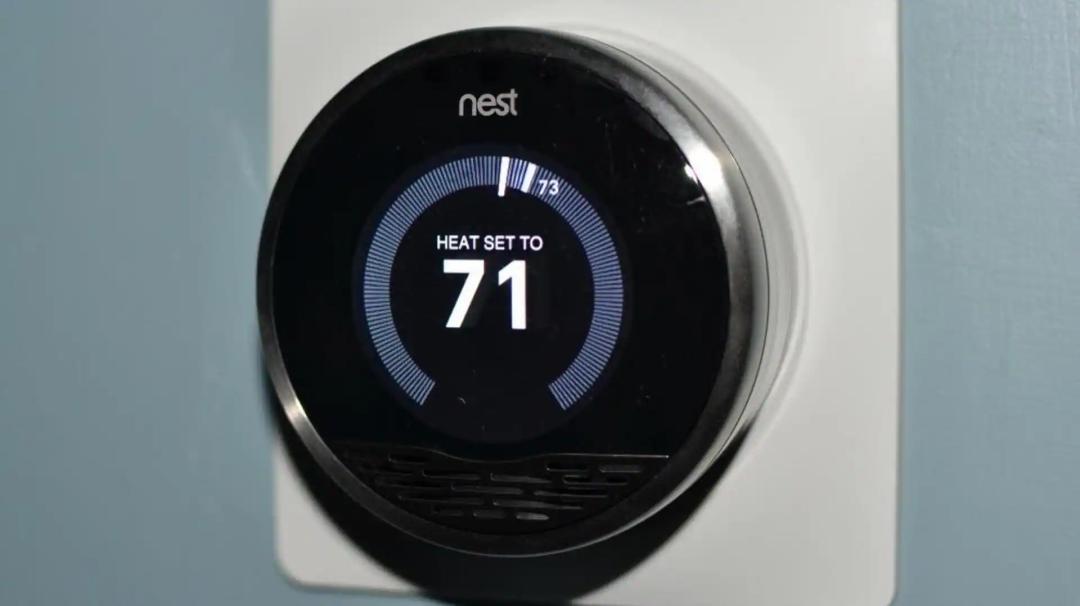
Google still collects data from obsolete thermostats: Report
In a surprising turn of events, it has come to light that Google is still collecting data from downgraded Nest Learning Thermostats, despite disabling their remote control feature in October. This revelation was made by security researcher Cody Kociemba, who discovered that the thermostats continue to send Google information about manual temperature changes and whether a person is present in the room. While this may raise concerns about user privacy, Kociemba noted that the data being collected is no longer useful to the tech major.
The Nest Learning Thermostat, which was acquired by Google in 2014, is a smart thermostat that can learn a user’s schedule and preferences to optimize heating and cooling. It can be controlled remotely through the Nest app, and it also provides users with energy usage reports and other features. However, in October, Google announced that it would be disabling the remote control feature for some older models of the thermostat, citing security concerns.
Despite this, Kociemba’s research revealed that the thermostats are still sending data to Google’s servers, even though the remote control feature is no longer available. This data includes information about manual temperature changes, which could potentially be used to infer a user’s schedule and preferences. Additionally, the thermostats are also sending data about whether a person is present in the room, which could be used to build a profile of a user’s daily activities.
While this may seem like a significant invasion of user privacy, Kociemba noted that the data being collected is no longer useful to Google. The company has already announced that it will be discontinuing support for the older models of the thermostat, and it is unlikely that the data being collected will be used for any purpose other than to provide basic functionality.
The fact that Google is still collecting data from these obsolete thermostats raises questions about the company’s data collection practices and its commitment to user privacy. While Google has stated that it is committed to protecting user data, the company has faced numerous criticisms in the past for its data collection practices. In 2019, the company was fined $57 million by French regulators for violating the European Union’s General Data Protection Regulation (GDPR).
The issue of data collection from smart home devices is a complex one, and it raises significant concerns about user privacy. Smart home devices, such as thermostats, security cameras, and doorbells, are increasingly becoming a part of our daily lives. While these devices provide convenience and functionality, they also collect significant amounts of data about our daily activities and habits.
In recent years, there have been numerous reports of smart home devices being hacked and used to spy on users. In 2019, it was reported that a vulnerability in a popular smart home device allowed hackers to access the device’s camera and microphone, potentially allowing them to spy on users. Similarly, in 2020, it was reported that a smart home device had been hacked, allowing hackers to access the device’s controls and potentially cause harm to users.
The issue of data collection from smart home devices is not limited to Google. Other companies, such as Amazon and Facebook, also collect significant amounts of data from their smart home devices. In 2019, it was reported that Amazon’s Alexa smart speaker was collecting data about users’ conversations, even when the device was not in use. Similarly, in 2020, it was reported that Facebook’s Portal smart display was collecting data about users’ interactions with the device.
In conclusion, the fact that Google is still collecting data from obsolete thermostats raises significant concerns about user privacy and the company’s data collection practices. While the data being collected may not be useful to Google, it highlights the need for greater transparency and accountability in the company’s data collection practices. As smart home devices become increasingly ubiquitous, it is essential that companies prioritize user privacy and provide clear and transparent information about their data collection practices.
News Source: https://www.newsbytesapp.com/news/science/google-still-collects-data-from-downgraded-nest-thermostats/story






